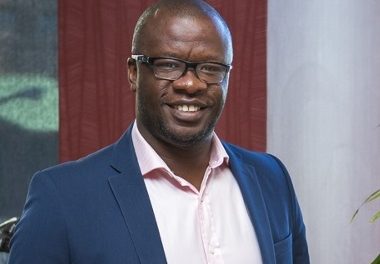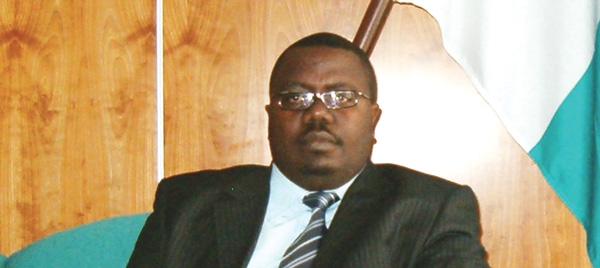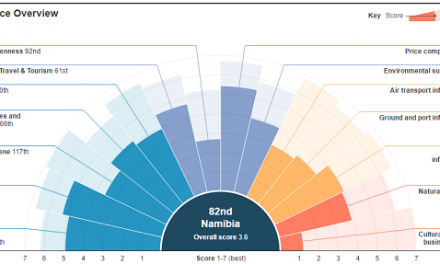
Domestic growth expected to improve in 2017 and 2018

The World Economic Outlook indicates that growth for the global economy is expected to improve during 2017 and 2018, the Bank of Namibia stated earlier this week when it released the July 2017 Economic Outlook. The central bank now expects domestic growth to improve by 0.2% to 2.1% in 2017.
According to the IMFs World Economic Outlook of April 2017, the global economy is expected to grow by 3.5% and 3.6% during 2017 and 2018, respectively from 3.1% in 2016.
The Bank of Namibia said that Namibia’s real GDP growth is projected to recover to 2.1% in 2017, before improving to 3.8% in 2018. According to the preliminary National Accounts released two months ago, the Namibian economy grew by a meagre 0.2% in 2016.
The central bank expects this year’s economic recovery to be based on substantial improvements in agriculture and mining, and further improvement in electricity and water.
Over the medium term from 2018 onward, Gross Domestic Product growth will be supported by an expansion in uranium mining and a slower pace of contraction in construction.
The risks to domestic growth include a slow recovery in Namibia’s trading partners and continued low uranium prices. A fragile global trade and a slow recovery in some of the advanced economies and leading emerging markets economies remain a risk to a resource-based country like Namibia.
Furthermore, weak global demand for minerals such as uranium, copper and zinc coupled with a slow recovery of international commodity prices may slow production at some of the mines in Namibia and climate related risks also remain, particularly for agriculture, the bank indicated.
The Bank of Namibia stated that overall growth in Sub-Sahara African is expected to improve to 2.6% and 3.5% in 2017 and 2018, up from 1.4% in 2016. This growth is expected on the back of a recovery in commodity prices, normalisation of rainfall following earlier drought conditions and improved macroeconomic conditions in the region as a whole.












































